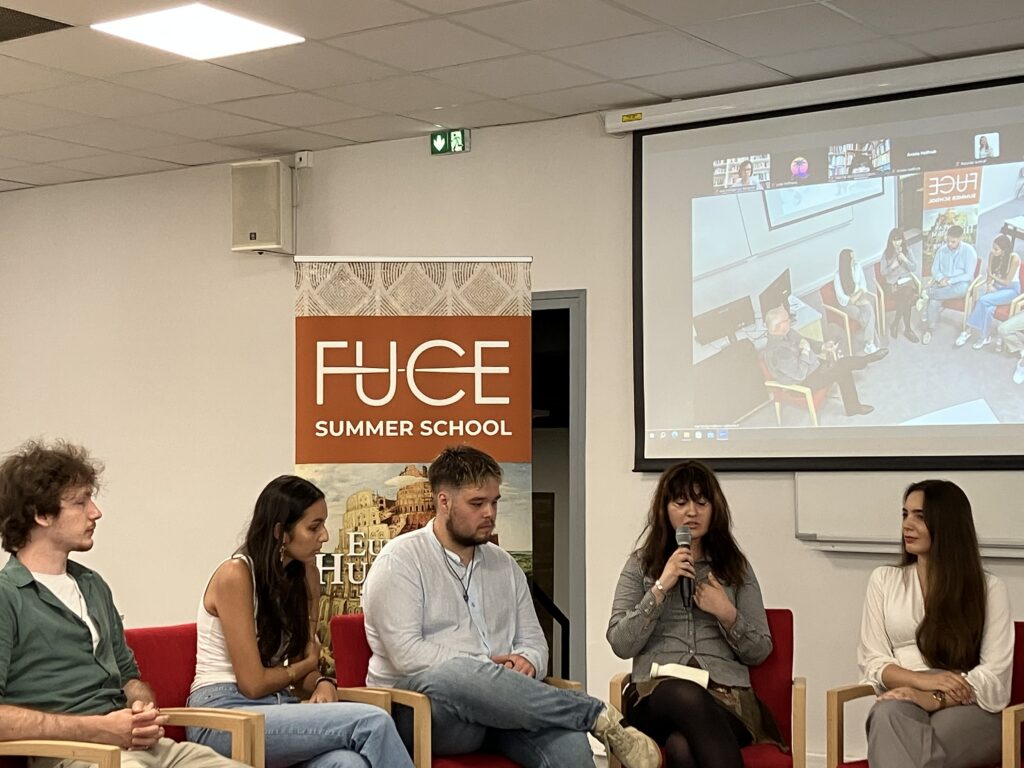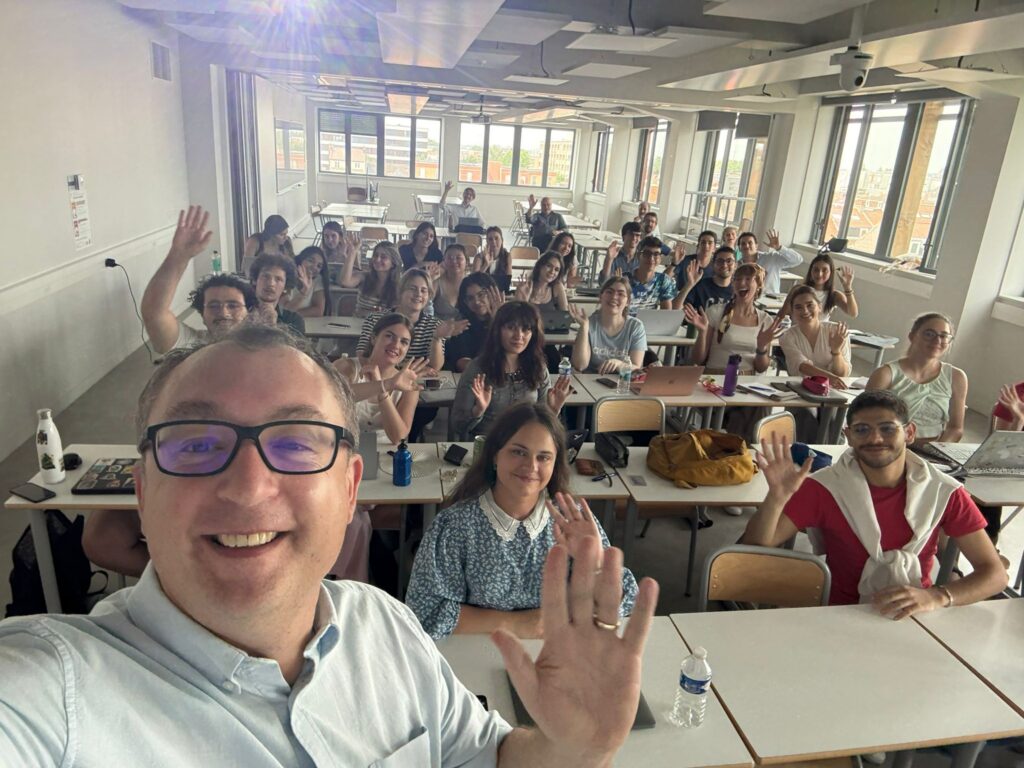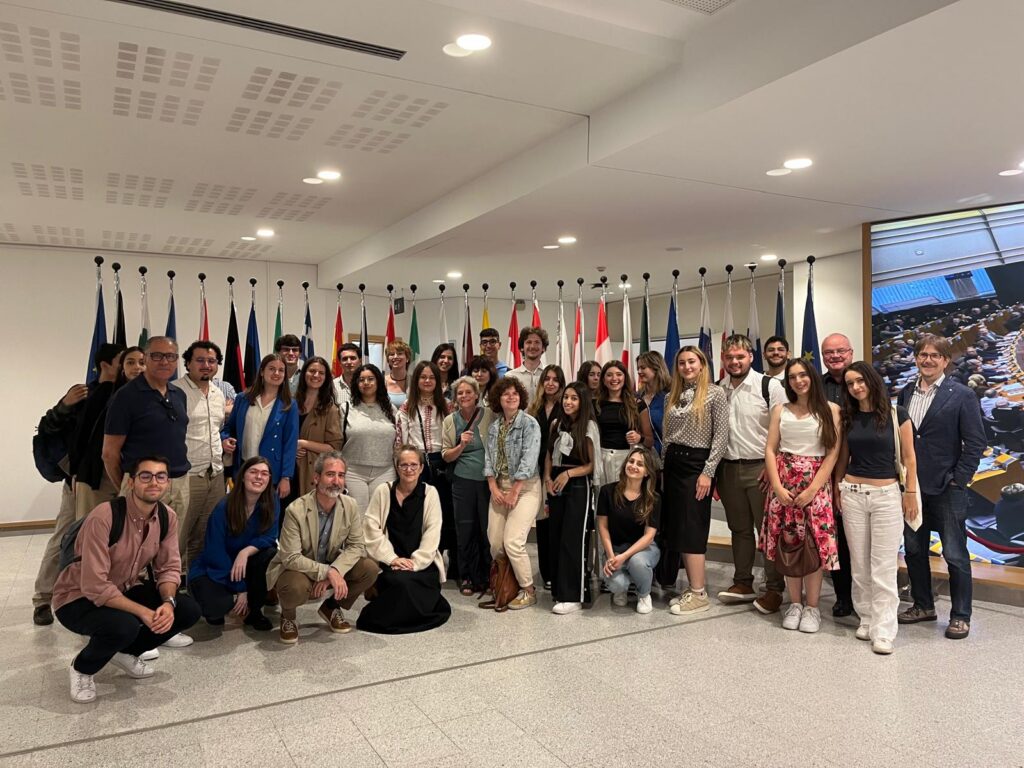Populism,
a wicked problem
How does populism reconceptualize the notions of the people and the public space? And how does it transform the model of liberal democracy? From deliberation to identity politics, from civil conversation to collective identification and homogeneous belonging.
It looked into the pitfalls this produces: stigmatization of elite and minorities, loss of pluralism, danger of authoritarian solutions through processes of digitalization, refuting expert knowledge (leading to fictitious interpretations, open to manipulation), appropriating ideologies and value reference systems taken out of context and unmediated direct political legitimation.
Humanist perspective
From a humanist perspective the way forward was sought in the respect for pluralism, the embodiment of a common humanity and grounded citizenship.
This in reply to Pope Francis’ warning that a lack of concern for the vulnerable can hide behind a populism that exploits them demagogically for its own purposes, or a liberalism that serves the economic interests of the powerful.
In both cases, it becomes difficult to envisage an open world that makes room for everyone, including the most vulnerable, and shows respect for different cultures.
The programme
The participants engaged with these issues in morning classes with their tutors, in an evening lecture with experts in law and politics, in a public panel with a selection of students sharing their experiences, in a simulation exercise in political argumentation and in visiting the EU-Parliament and the House of European History. They were first introduced to the topic and to each other in an interactive webinar preceding the summer school.
They formulated their thoughts in an individual portfolio and exchanged ideas with their peers in afternoon workshops. This was crystallized in a collective presentation at the end of the week. They were triggered to use their imagination and describe their emotions in writing up a fictitious story about discovering others through (inner) travel, to experience how storytelling allows us to change our perspective and understand others.
The participants
The encounter was enriched by the individual background of the 30 participants from Eastern and Western European countries and Lebanon, engaged in different disciplines, from law, economy and political studies, over philosophical, social and cultural studies, to engineering, biochemistry and health studies.
In total the summer school has by now, with this sixth edition, serviced nearly 150 bachelor students of over 30 member universities of the FUCE-network. It has found a firm organizational basis at the Catholic University of Lille, which is host to the second cycle of summer schools, following LUMSA university of Rome.
Students' testimonials
The summer school reached its purpose in sensitizing young people for European values and how they are being challenged by contemporary developments, while strengthening them in their agency to partake in the ongoing construction of a more humanist society. This is evident from their personal appraisal of the programme and the way it impacts them.
They described their experiences as follows:
“This programme was a unique opportunity to explore some of the most pressing issues facing Europe today — from populism and identity to digital democracy — in a truly international and intellectually engaging environment. The combination of academic insight, personal reflection, and institutional visits made it an unforgettable learning experience.”
“The summer school helped me see how modern populist movements challenge democratic values, often by exploiting digital platforms and disintermediating traditional media. I have an insight into how technology reshapes political communication and collective identity. It was also interesting to examine the role of education and media literacy in strengthening democratic resilience.”
“I initially joined with the intention of broadening my academic perspective on Europe and human rights, but I gained so much more: a deep sense of community, renewed hope in collective action, and personal growth. It pushed me to think more critically, speak more confidently and connect authentically with others from diverse backgrounds. It’s an experience that will continue to shape how I move forward personally and professionally.”
“I learned that dialogue across differences is not only possible but essential, and that hope must be rooted in action. The programme challenged me to rethink the meaning of solidarity and what it means to be part of a shared future.”
“I learned that European humanism is not just a historical concept, but a living, evolving response to the ethical, social, and political challenges of our time. I now understand the importance of collective memory, intercultural dialogue and civic responsibility in shaping a united Europe. I plan to engage more actively in promoting values of solidarity, integration, and human dignity in my life and work.”


